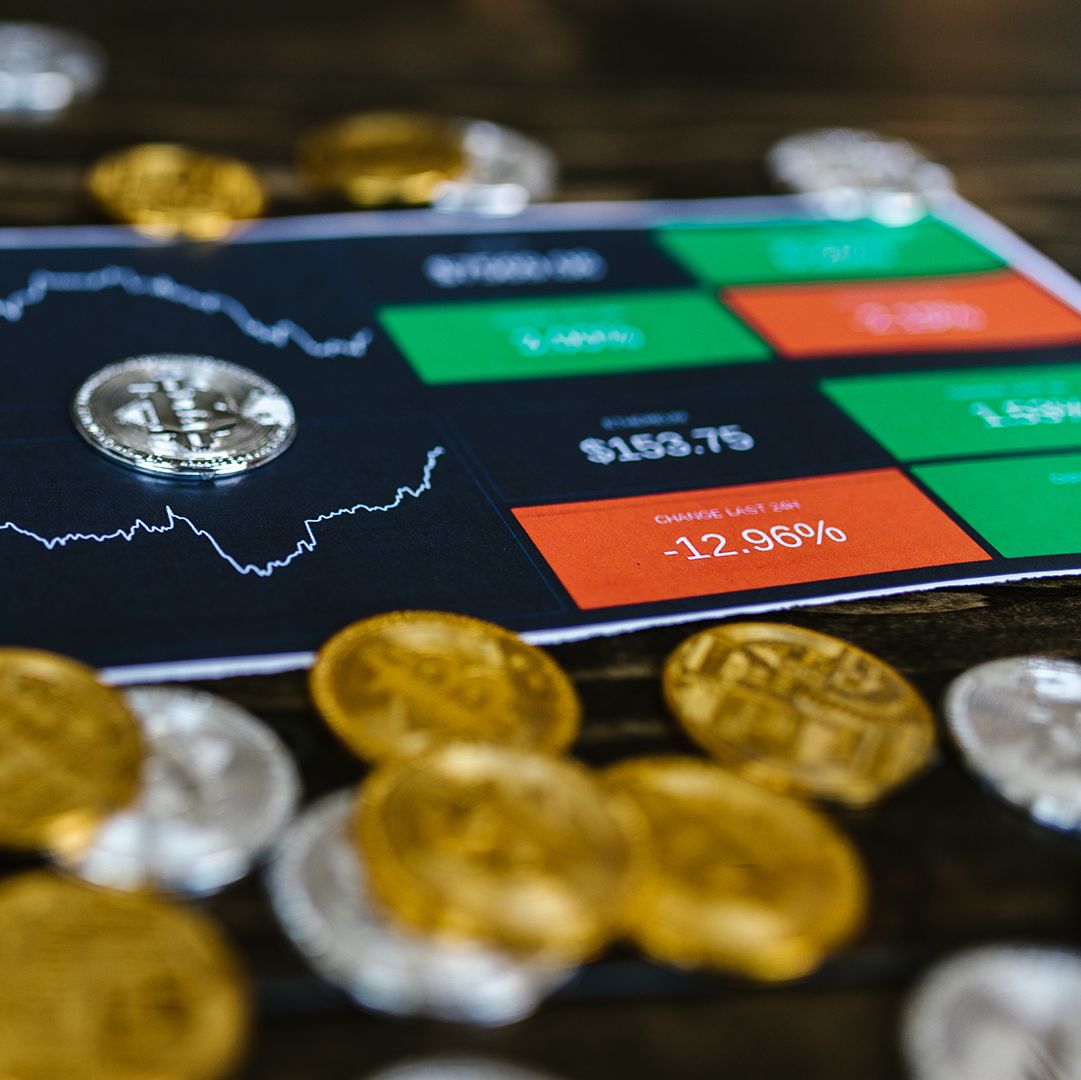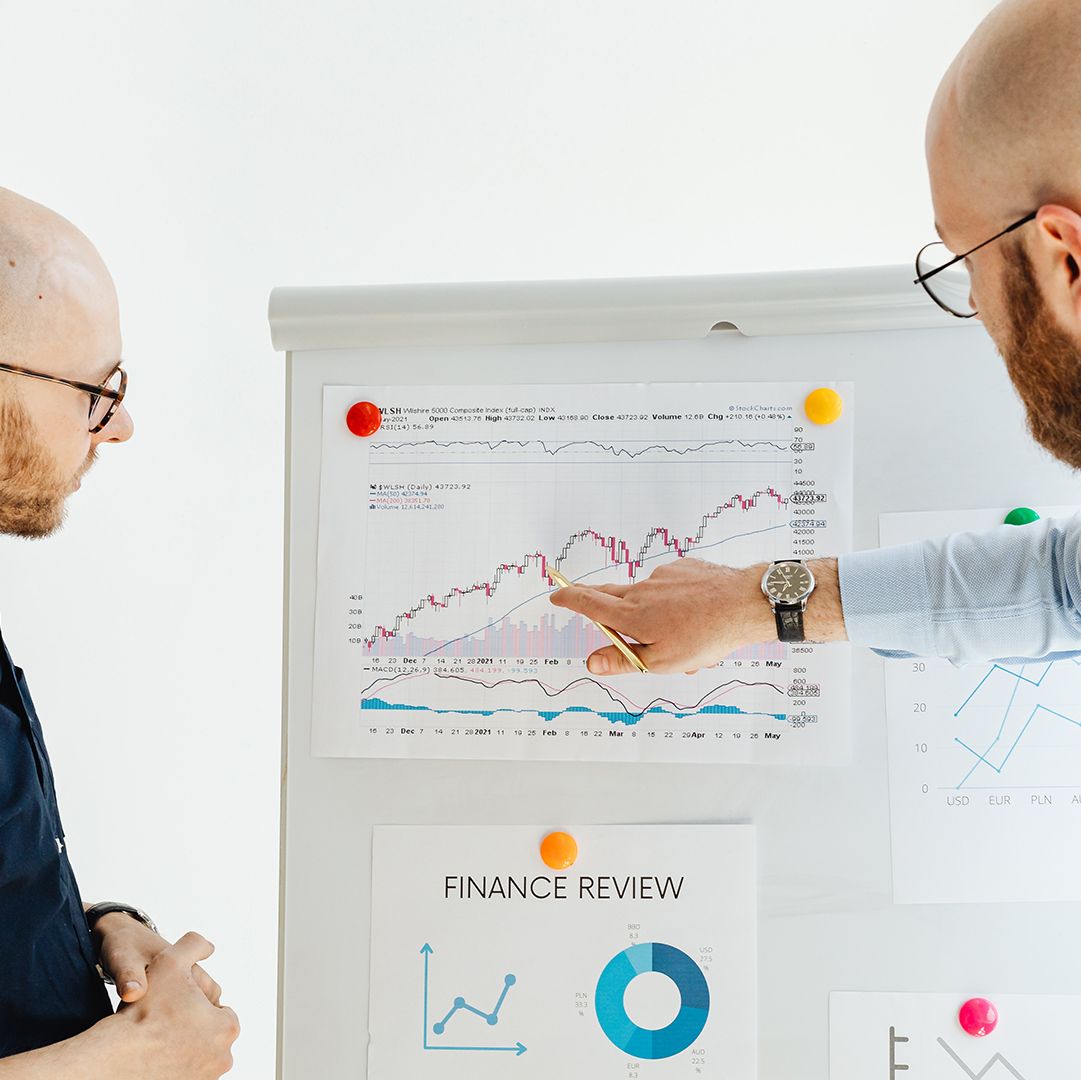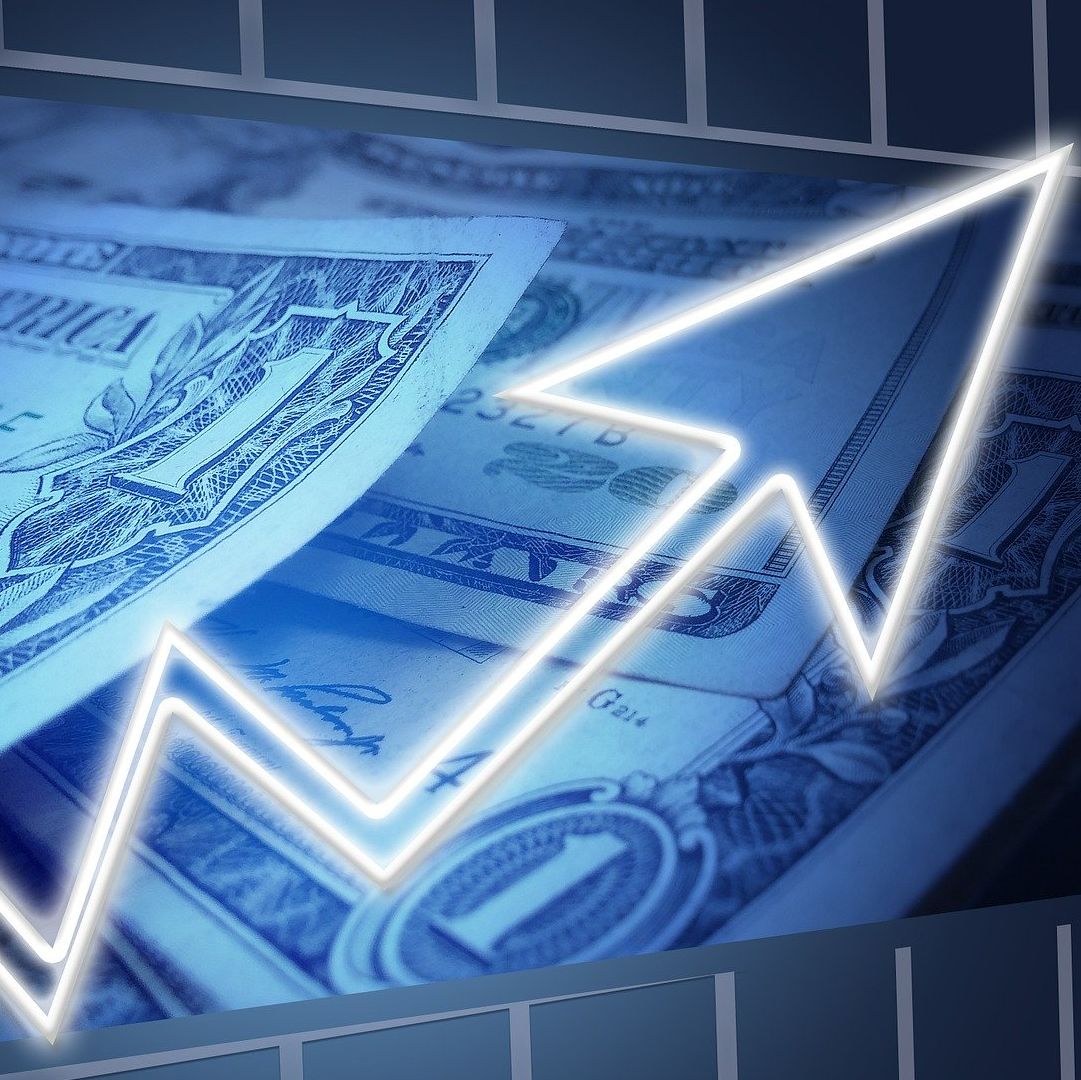The foreign exchange market is an intricate system that can be hard to recognize for those new to it. In this blog post, we will discuss the fundamental concepts of exactly how the forex market works. We will cover subjects such as what currencies are traded in the forex market, what drives money's worth, and how investors make money in the foreign exchange market. By comprehending these fundamental concepts, you will undoubtedly be able to begin trading in the foreign exchange market with a much better understanding of how it functions!
How Traders Make Money in the Forex Market
Investors earn money in the foreign exchange market by purchasing low and offering high. They do this by assessing various countries' financial information and making forecasts about future money worth. If an investor thinks that specific money will undoubtedly appreciate, they will buy it now and then and offer it later when its value has increased. On the other hand, if an investor thinks that a specific currency will depreciate, they will market it once in a while and repurchase it later when its value has dropped.
Balance of Trade Between Nations
The foreign exchange market is based on the principle of supply and need. The currency values are established by how much of that money is being dealt with. The even more buyers there are for sure money, the greater its worth will go. Similarly, the more vendors there are for a particular currency, its worth will certainly go lower.
Among the significant drivers of money worthiness is the trade balance between countries. Suppose a nation has a professional excess (significance they export greater than they import), their money will undoubtedly tend to appreciate. This is because there is even more need for their currency from other countries wanting to get their goods and solutions. On the other hand, if a country has a trade deficit (meaning they import more than they export), their money will tend to depreciate. This is because there is less need for their currency from other nations as they aim to offer their items and services.
Targets for Inflation and Deflation
An additional motorist of money values is the rising cost of living. The increasing cost of living is the price at which product and service prices increase over time. Suppose a country has a high rising cost of living; after that, its currency will undoubtedly tend to decrease. This is since the purchasing power of their currency will certainly reduce as rates rise. On the other hand, if a nation has low inflation, its currency will appreciate. This is because their currency's buying power will increase as prices stay secure or decrease.
Deflation is the reverse of the rising cost of living and also occurs when rates for goods and solutions reduce over time. If a country has deflation, its currency will often tend to appreciate. This is because the acquiring power of their currency will rise as costs decrease. Nevertheless, depreciation can likewise be triggered by a decline famous for money. This can occur if a nation's weak economic climate and other countries seek to offer their items and solutions.
Fiscal Policy and Interest Rates
A monetary plan is the federal government's use of investment and taxation to influence the economy. Suppose a nation has high taxes; its money will often decrease. Businesses and individuals will undoubtedly have much less money to spend on items and services. On the other hand, if a country reduces taxes, its currency will appreciate. This is since businesses and individuals will have even more money to spend on products and services.
Rates of interest are an additional driver of money values. When interest rates are high, capitalists aim to put their cash right into that nation's assets to gain a higher return. This increased demand for money will trigger it to appreciate. On the other hand, when rates of interest are reduced, financiers will seek to place their cash into various additional possessions that provide a greater return. This lowered need for the currency will create it to diminish.
Central Bank Intervened
The final driver of money worth is central bank treatment. Central banks are the establishments that handle a nation's monetary policy. They can utilize their power to get or offer their currency to affect its value. If a central bank is acquiring its money, then the demand for that currency will increase, and its value will increase. On the other hand, if a reserve bank is selling its currency, then the need for that currency will lower, and its value will undoubtedly depreciate.
These are several fundamental drivers of money values in the forex market. By recognizing these vehicle drivers, you can better understand how currencies move versus each other and what aspects affect their prices.

 Charles J. Laurent
Charles J. Laurent




Leave A Reply
Your email address will not be published. Required fields are marked *